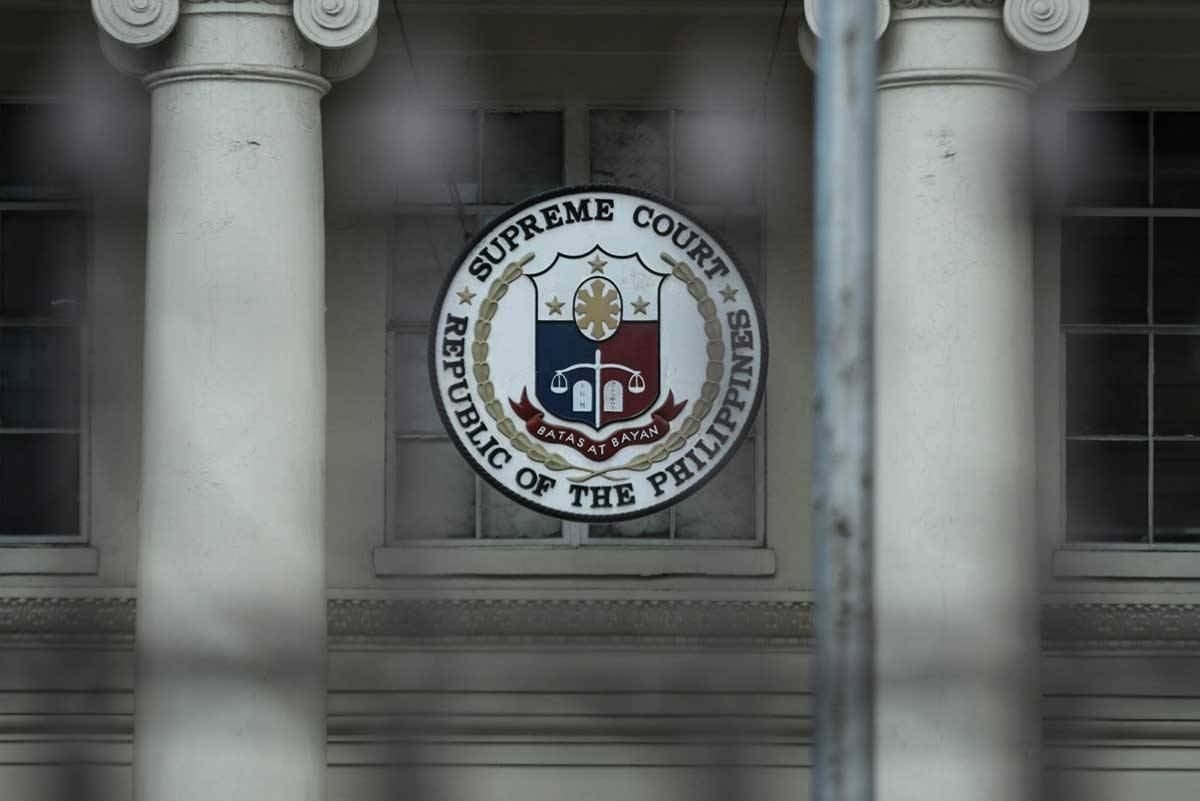The Supreme Court recently issued guidelines for determining the accountability of minors who have committed crimes. These guidelines aim to streamline the “discernment determination process” for cases involving children in conflict with the law. The Court emphasizes that there is a different standard in determining a minor’s culpability, taking into account their capacity to understand right and wrong at the time of the offense.
The task of ascertaining discernment is initially done by a social worker, and ultimately by the court. While the social worker’s assessment is not binding upon the court, it serves as evidentiary support. The court, however, has the final say in determining discernment based on its own evaluation of all the facts and circumstances in each case.
It is important to note that there is no presumption that a minor acts with discernment. The prosecution must specifically prove, beyond reasonable doubt, that the minor acted with discernment as a separate circumstance. This burden of proof requires direct or circumstantial evidence.
In determining discernment, the courts consider the totality of facts and circumstances, including the appearance, attitude, comportment, and behavior of the minor. This assessment extends not only to the period before and during the commission of the act but also after and even during the trial. Factors such as the gruesome nature of the crime, the minor’s cunning and shrewdness, utterances, overt acts, weapon used, attempts to silence witnesses, and disposal of evidence are also taken into consideration.
These guidelines were issued by the Supreme Court en banc in a resolution penned by Associate Justice Rodil Zalameda. The case that prompted the issuance of these guidelines involved a 17-year-old who was convicted of homicide. The Court affirmed the findings of the lower courts that the minor was responsible for the deadly attack and that the elements of homicide were present.
However, due to the suspect being a minor at the time of the crime, the Court must apply Section 6 of Republic Act (RA) 9344, or the “Juvenile Justice and Welfare Act of 2006.” This law provides for the minimum age of criminal responsibility. According to the provision, a child above 15 years old but below 18 years of age shall be exempt from criminal liability and be subjected to an intervention program unless they acted with discernment. In such cases, the appropriate proceedings shall be followed.
In conclusion, the Supreme Court’s guidelines for determining the accountability of minors in criminal cases aim to ensure a fair and just evaluation of a minor’s culpability. These guidelines take into account the child’s capacity to understand right and wrong at the time of the offense. The court carefully considers all relevant facts and circumstances to determine if the minor acted with discernment. By providing clear guidance, the Supreme Court aims to uphold justice while also considering the unique circumstances surrounding minors involved in criminal cases.







